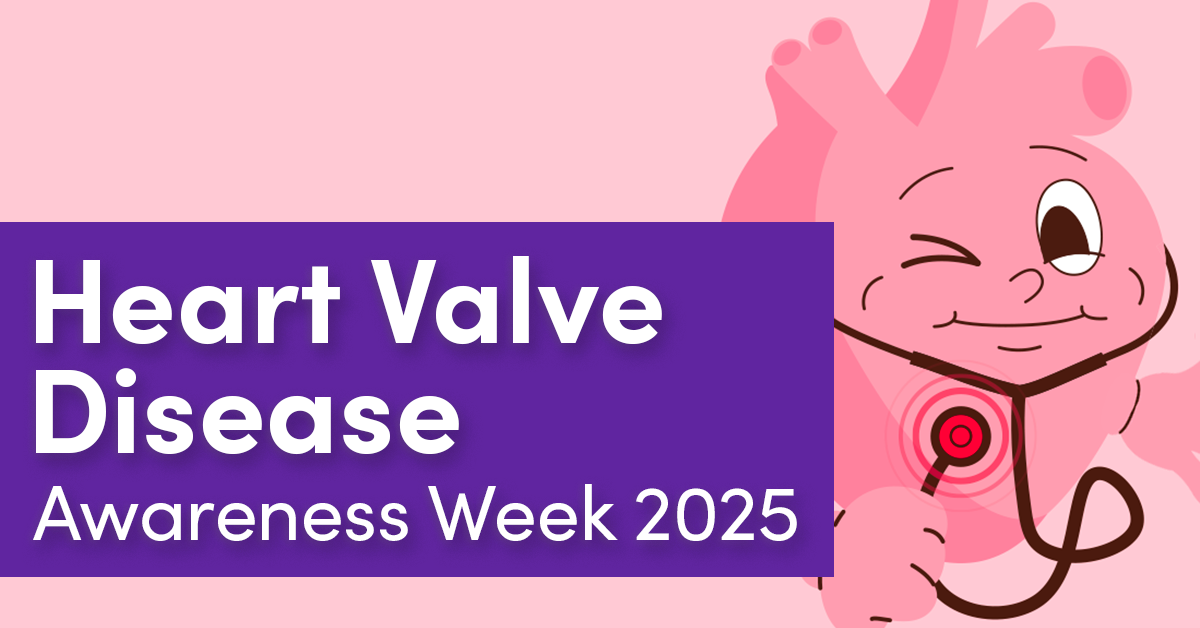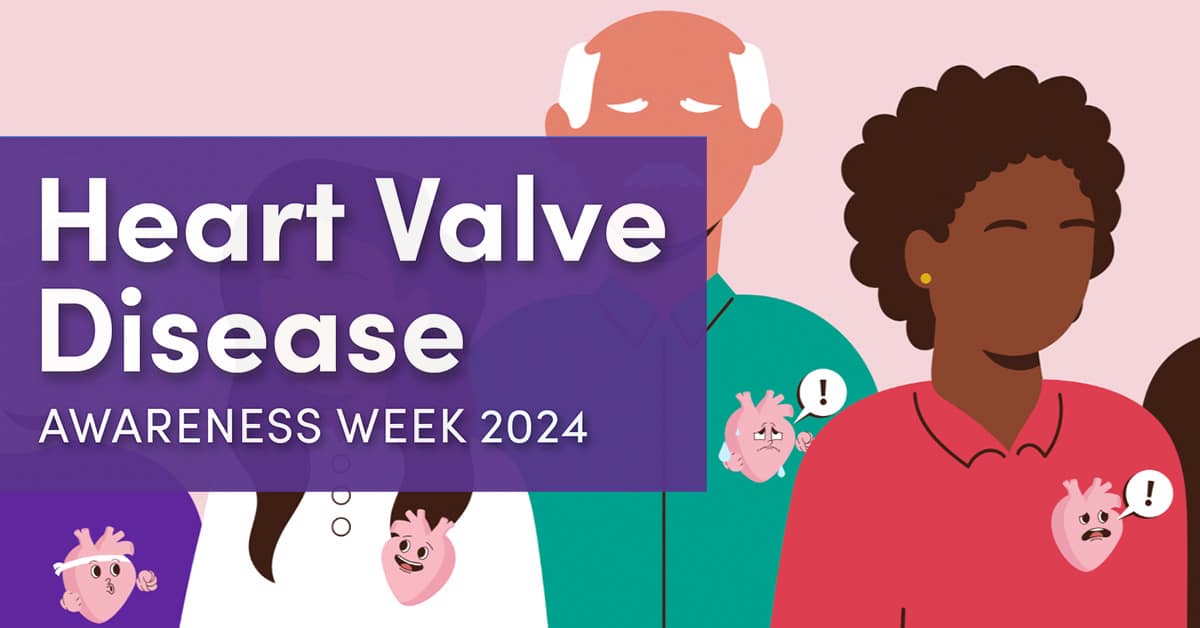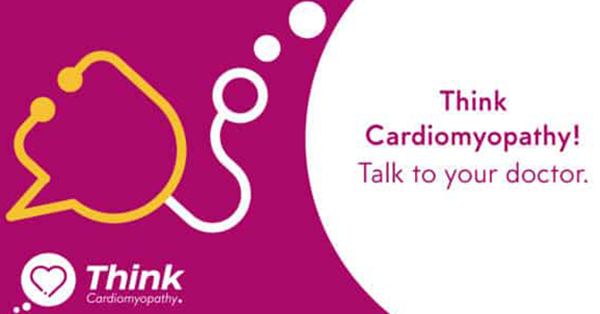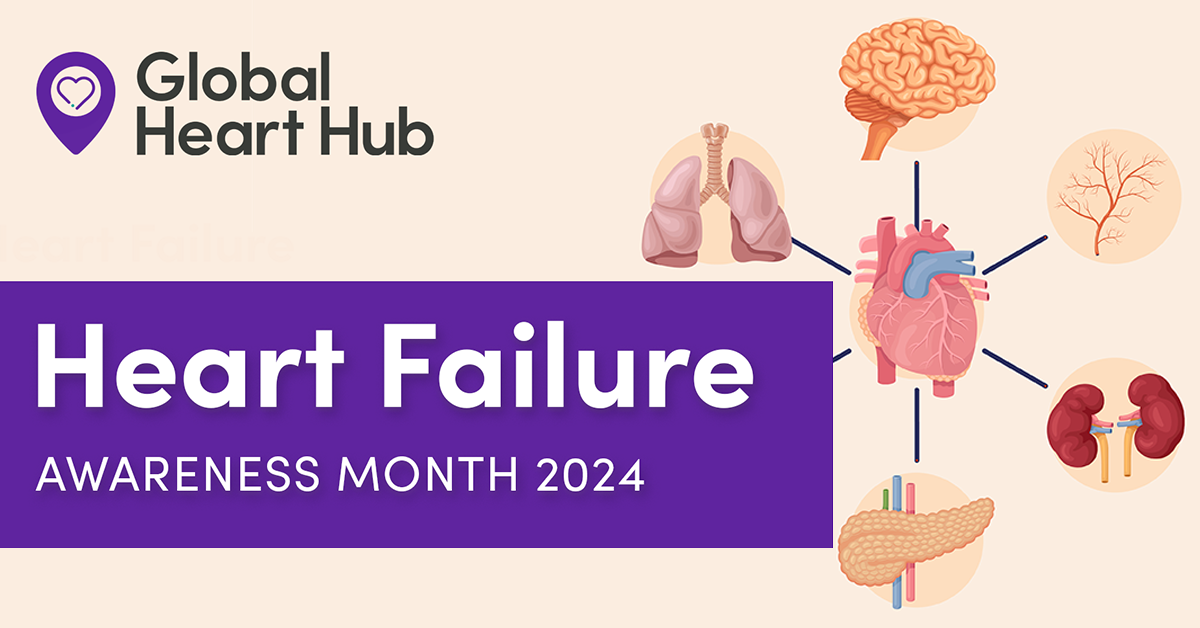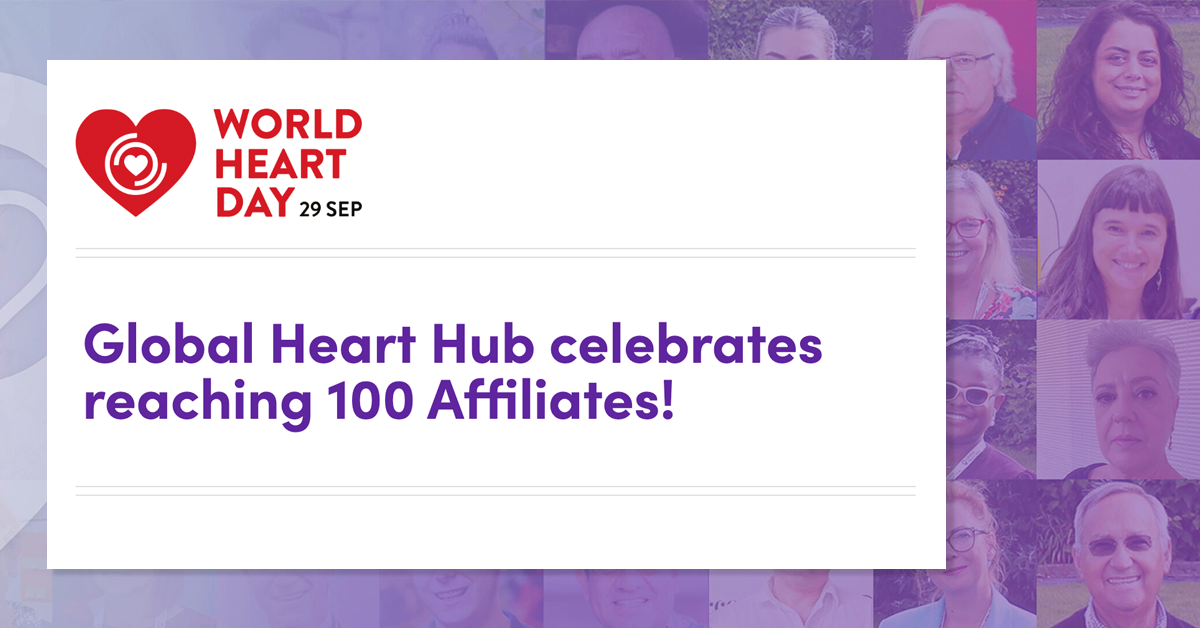
Cardiomyopathy Awareness Month | June 2025
Cardiomyopathy Awareness Month | June 2025
This campaign has been made possible by a sponsorship grant from Bristol-Myers Squibb and Cytokinetics.
Sponsors had no input or involvement in the design, development or content of the campaign.
Cardiomyopathy is the leading cause of sudden cardiac death in young people, a major cause of heart failure and the main reason for needing a heart transplant.
It is a disease of the heart muscle that can occur at any age and can be passed down genetically. Often underdiagnosed, misdiagnosed, or diagnosed too late, the consequences of cardiomyopathy can be very serious. If untreated, cardiomyopathy can weaken the heart, leading to complications and more serious conditions. Cardiomyopathy affects around 1 in every 250 people worldwide.
This year’s Think Cardiomyopathy campaign continues to focus on the impact of cardiomyopathy and the importance of recognising the signs and symptoms and knowing your family history.
Share this message!
Think Cardiomyopathy! Listen to your body
Think Cardiomyopathy! Listen to your body
When health signs or warnings are dramatic, we are often prompted to act. We take note of chest pain, breathlessness, and fainting. But cardiomyopathy doesn’t always show up that way. Subtle signs like fatigue, dizziness, or swollen ankles are easier to dismiss, but they can be just as serious.
It’s time to stop ignoring what your body is trying to tell you.
Speak to your doctor if something doesn’t feel right.
Think Cardiomyopathy!
Understand your family’s heart health
Think Cardiomyopathy! Understand your family’s heart health
Knowing if you have an inherited type of cardiomyopathy is important because it can impact the risk for other family members. Inherited cardiomyopathy is the most common form of genetic heart disease.
Paying attention to symptoms, knowing your family history, and seeking care could be lifesaving
Talk to your doctor if you notice any symptoms or have a family history of heart disease or sudden cardiac death. There is no cure for cardiomyopathy, but treatment and lifestyle changes can help control symptoms, and prevent progression and serious complications.
“I was being treated for my asthma getting progressively worse when it was actually cardiomyopathy.”
Together, patients and healthcare professionals can spot the signs of cardiomyopathy earlier; even when symptoms are subtle or seem unrelated.
Patients know their symptoms, their instincts, and their family stories. Healthcare professionals bring the clinical insight to connect the dots. Think Cardiomyopathy!
About this campaign:
Led by the GHH’s Cardiomyopathy Patient Network which now spans 30 patient organisations across 19 countries, the campaign this year focuses on patient and advocate stories on the impact of cardiomyopathy and the importance of recognising symptoms and knowing your family history.
To join the campaign or for more information, please email info@globalhearthub.org.
Supported by:




















